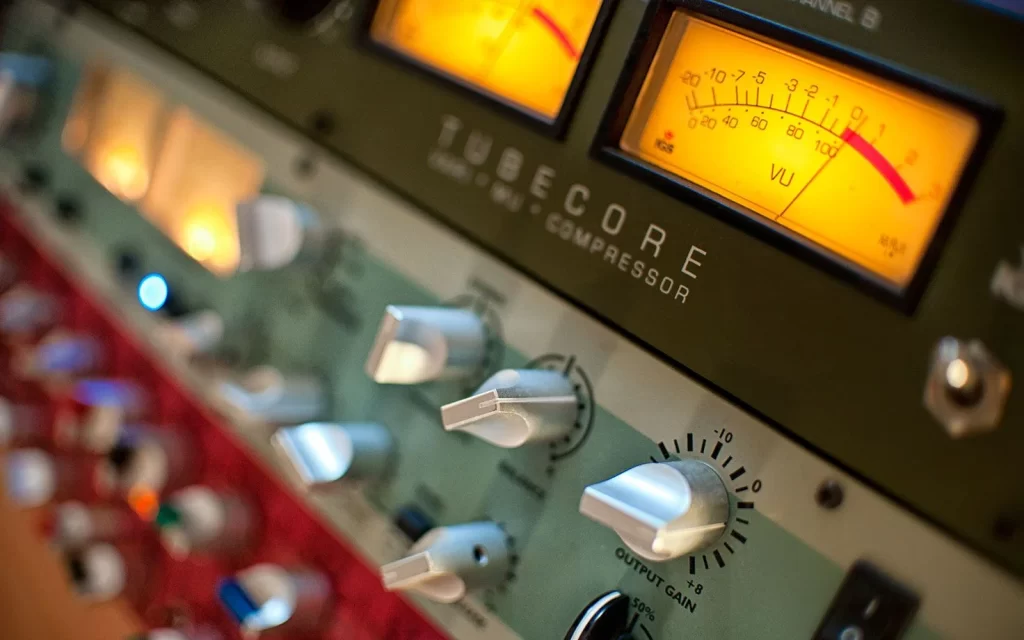Mastering
Few things confuse new sound engineers more than the dark art of mastering. Sound mastering is the final step in the audio production process, which involves preparing and transferring recorded audio from a source containing the final mix to a data storage device (the master). The purpose of mastering is to ensure that the audio is consistent and polished, and that it will sound its best across all playback systems and formats. Below are some basics about the mastering process and head to Music Tech for a complete guide to how it can transform your sound.

Here are the key aspects of sound mastering:
- Audio Enhancement: Enhancing the overall sound quality using tools like equalization (EQ), compression, limiting, and stereo enhancement. This ensures a balanced frequency spectrum, controlled dynamic range, and an optimal loudness level.
- Consistency: Ensuring consistency across all tracks in an album or project. This involves matching the volume levels, tonal balance, and dynamic range so that the tracks flow seamlessly when played in sequence.
- Error Correction: Identifying and correcting any technical issues in the audio, such as clicks, pops, hiss, or other unwanted noises.
- Format Preparation: Preparing the audio for its final format, whether it’s for digital distribution, CD, vinyl, or another medium. This includes converting to the appropriate file format, setting track spacing, and embedding metadata such as track titles, artist names, and ISRC codes.
- Sequencing and Spacing: Arranging the order of tracks and determining the gaps between them. This is particularly important for albums or EPs where the flow from one track to the next can impact the listening experience.
- Final Review: A critical listening session to ensure all adjustments are correct and the audio meets the desired standard.
Mastering engineers use a combination of specialized software and hardware tools to perform these tasks, relying on their expertise and experience to make subjective and technical decisions that enhance the final product.
For an indepth view of how this process works watch this interview with one of Britians most experienced Mastering engineers, Mandy Parnell. As some extra reading, head to this Izotope page that delves into the history and intricacies of analogue and digital mastering.
